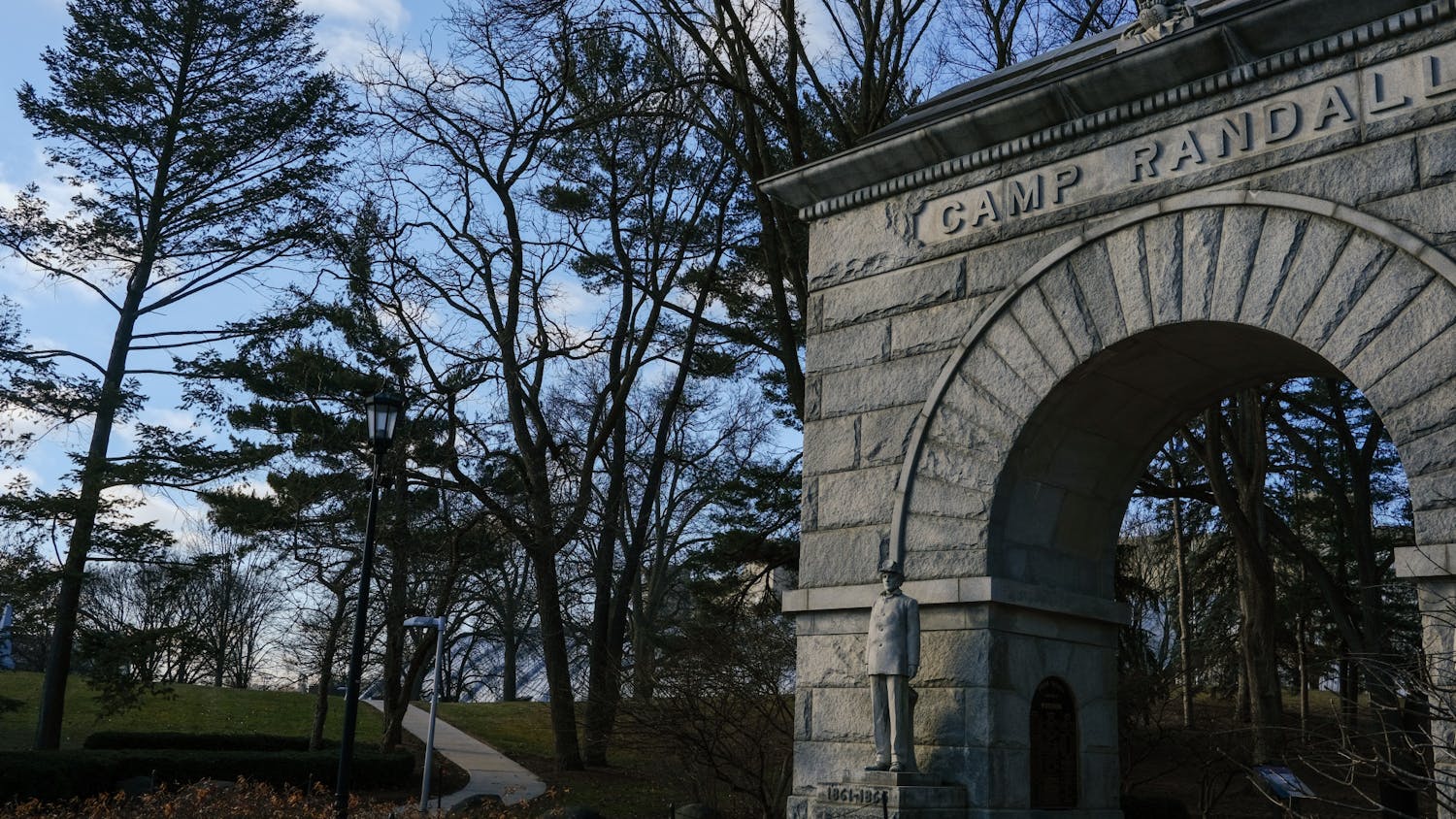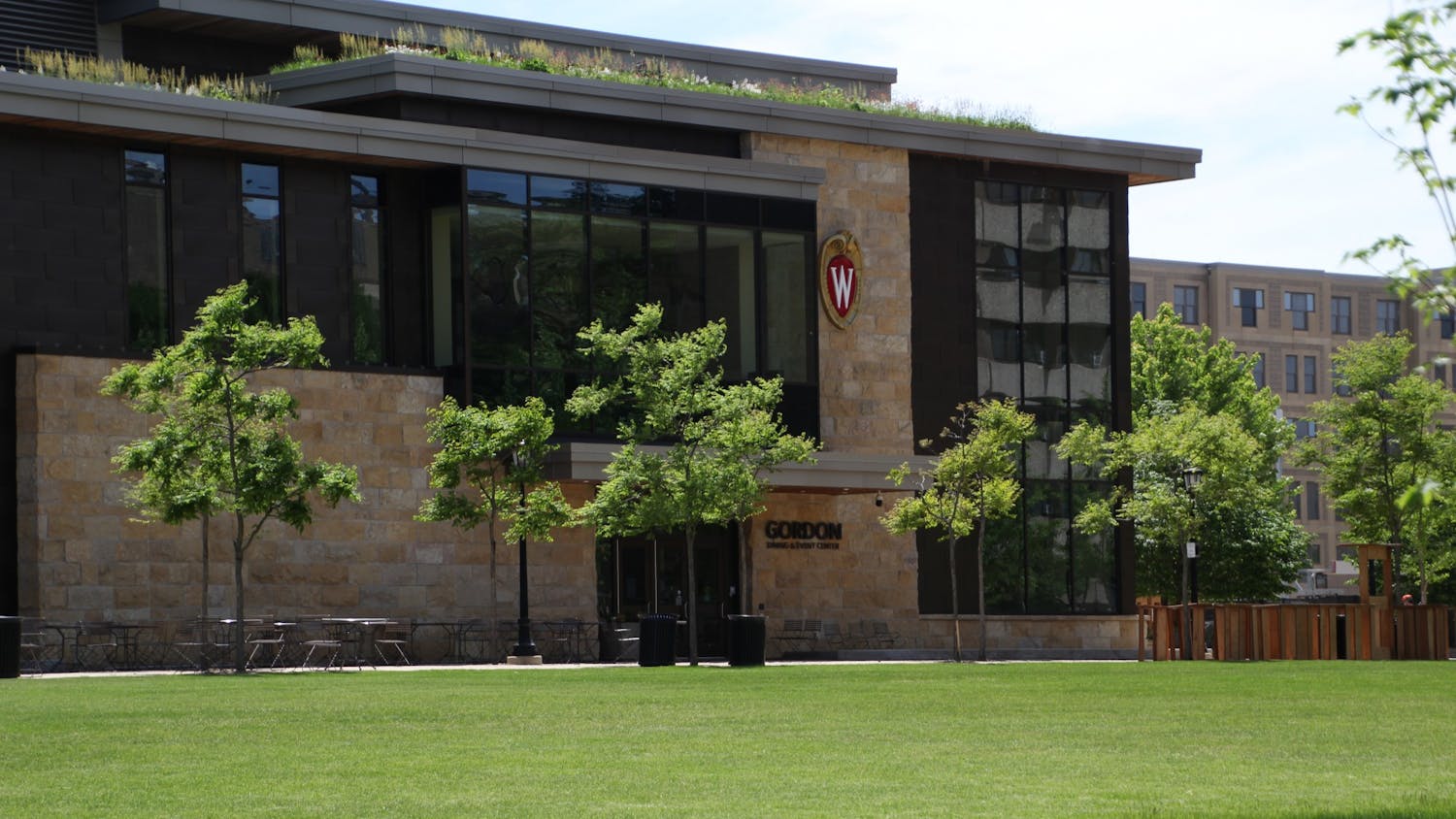University of Wisconsin-Madison Chancellor Jennifer Mnookin appointed Dr. Dorota Grejner-Brzezinska to serve as vice chancellor for research on May 7 and join the faculty in the Department of Electrical and Computer Engineering.
Grejner-Brzezinska holds numerous national positions relating to scientific research. She is currently a member of the National Science Board and the National Academy of Engineering, as well as a fellow at the Institute of Navigation and the Royal Institute of Navigation.
Additionally, she is the principal investigator for the NSF Engineering Research Visioning Alliance (ERVA). The ERVA looks to find new directions and opportunities in engineering research based on the current global economy and societal needs and supports the engineering community in such research.
“When I was approached by [the] University of Wisconsin-Madison, it really piqued my attention because this is a fantastic university with a great research enterprise,” Grejner-Brzezinska said.
Grejner-Brzezinska told The Daily Cardinal she hopes to improve interdisciplinary connectivity across UW-Madison by strategically bringing different departments together on large-scale research projects. The largest federal research initiatives and industry partnerships tend to have interdisciplinary focuses and improving connectivity within the university will make UW-Madison more competitive for these types of opportunities. Though the task of managing UW-Madison’s large research program will be difficult, she said she is up to the challenge.
“Challenge can be easily converted to opportunity, and that's what I always loved doing through my entire academic career,” Grejner-Brzezinska said.
But to become a world-renowned researcher, Grejner-Brzezinska first had to learn the ins and outs of research herself. She began this journey in graduate school, studying at the Department of Civil Environmental and Geodetic Engineering at Ohio State University in 1991.
“For my graduate studies and Ph. D. in particular, I studied geodetic science,” Grejner-Brzezinska said. “Geodetic science, generally speaking, is the area of measuring the Earth and its gravity field and anything which can fly around and navigate around Mother Earth and on Earth. I specialize particularly in the Global Positioning System.”
Geodetic sciences can encompass a variety of different academic fields such as engineering, astronomy, and geography. With such interdisciplinary research, it was necessary for Grejner-Brzezinska to collaborate with scientists in various departments throughout her studies. This helped develop her key pillar of research collaboration across the university, which she hopes to continue at UW-Madison.
“My own research investigation extended broadly outside my own disciplines, so I think I kind of naturally adopted and accepted very interdisciplinary teams,” said Grejner-Brzezinska.
Since then, she has held roles at Ohio State University such as associate dean for research in the College of Engineering, senior associate vice president for research, corporate and government partnerships and director of the Satellite Positioning and Inertial Navigation (SPIN) Laboratory.
In her latest position, Grejner-Brzezinska served as the vice president for Knowledge Enterprise, alongside her titles as University Distinguished Professor and Lowber B. Strange Endowed Chair in Engineering.
She will transition to UW-Madison beginning in fall 2024 to take over from interim Vice Chancellor for Research Cynthia Czajkowski.
Grejner-Brzezinska said she is looking forward to connecting with students, as they are the future of research within the university.
“Of course I’ll be focusing first on the research enterprise, but students are a completely inseparable part of the research enterprise,” she said. “You cannot be disconnected from what the university is doing and will continue doing towards growing the research enterprise.”
Through her experiences in guiding the expansion of university research, Grejner-Brzezinska has gained years of wisdom. Her advice for aspiring scientists and researchers? Don’t give up.
“Have an open mind, learn and don’t shy out from asking questions,” Grejner-Brzezinska said.






